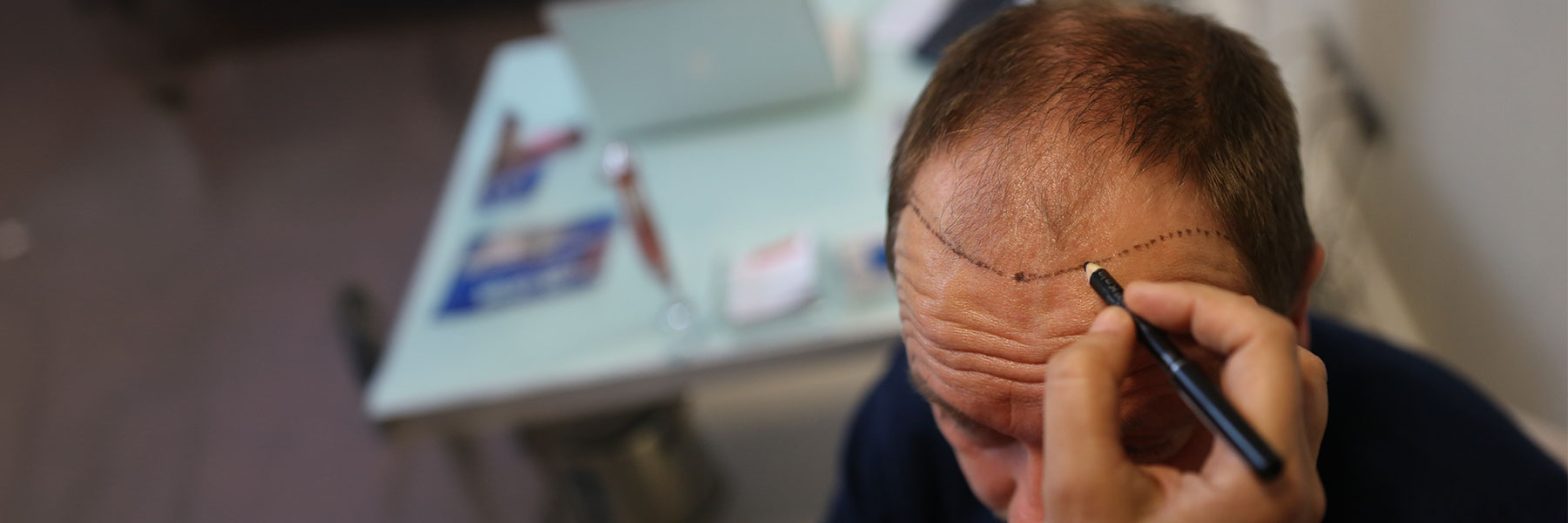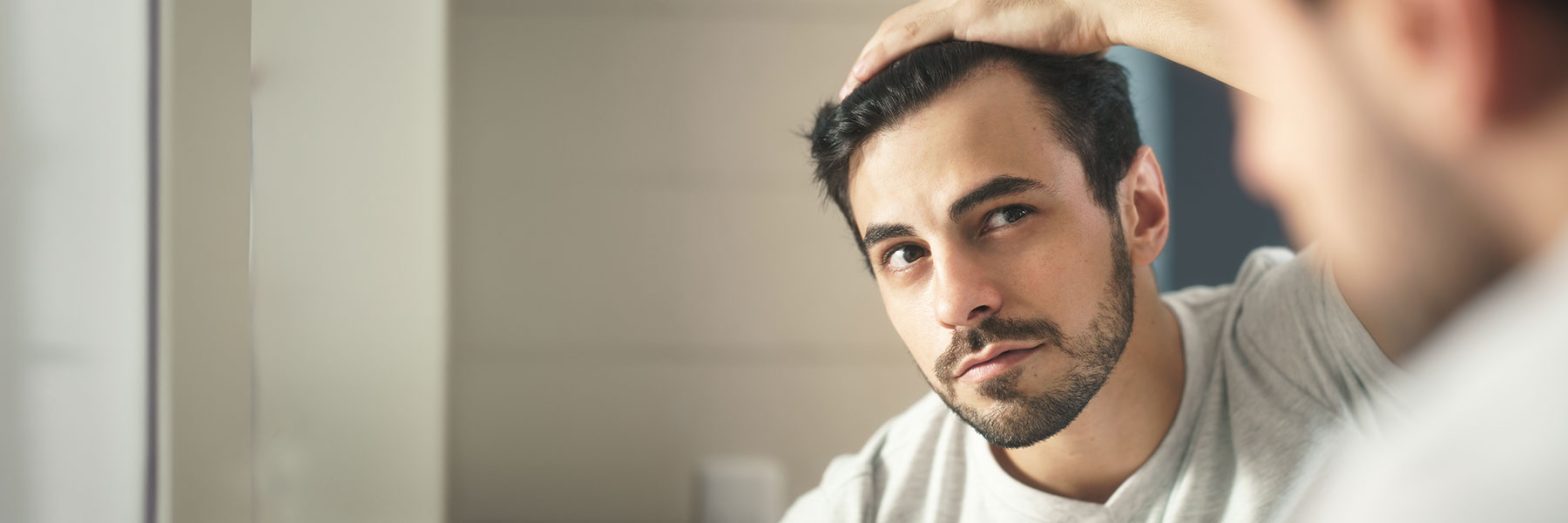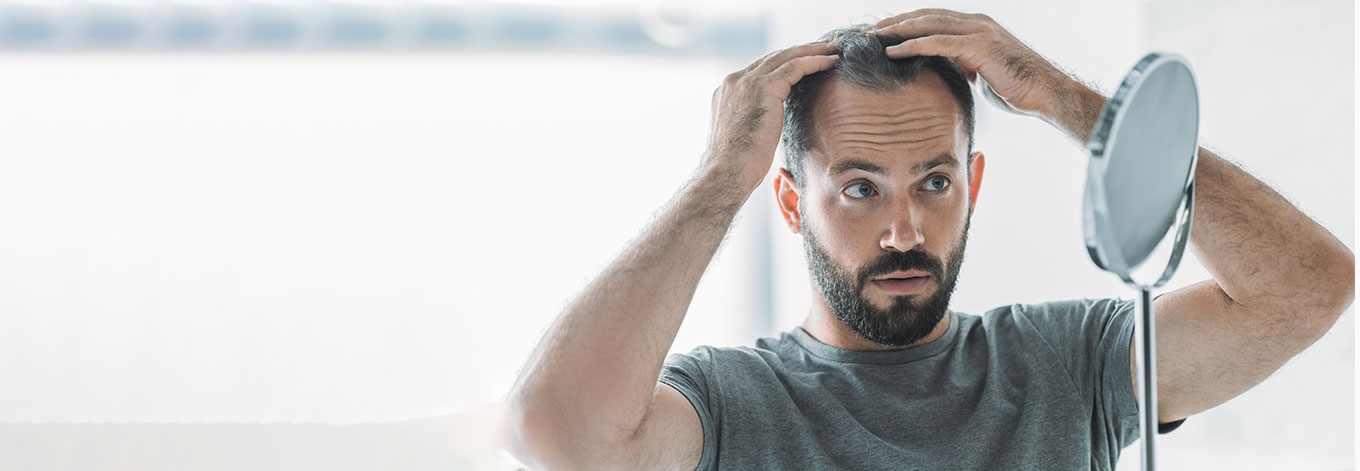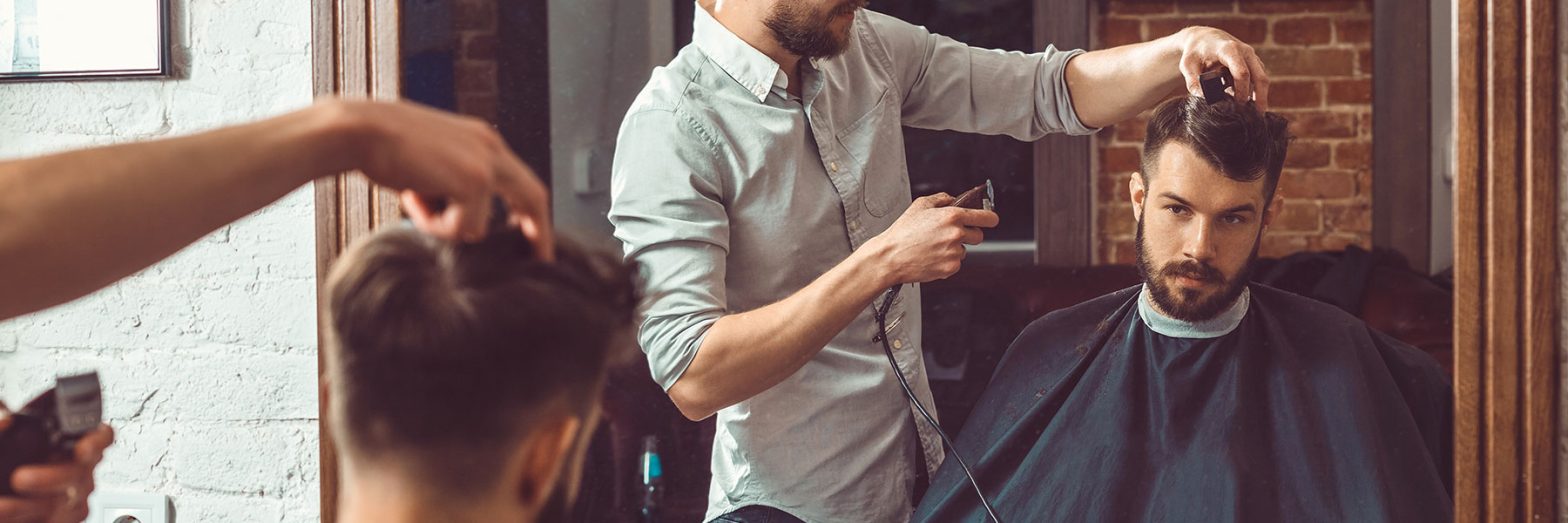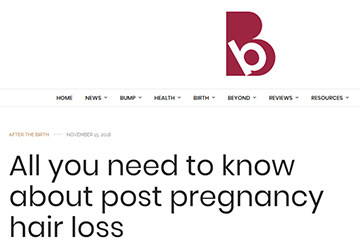
All you need to know about post pregnancy hair loss
HAIR LOSS & HAIR TRANSPLANTS
bBaby Magazine
Read about all you need to know about post pregnancy hair loss, by Specialists at The Private Clinic
….
Hair loss specialists at The Private Clinic outline some of the most commonly asked questions about hair loss after pregnancy.
How common is hair loss after pregnancy?
“Hair loss after pregnancy is more common than most people think and although many women might not choose to seek medical advice, many women do. In fact, I frequently see patients who are concerned about post pregnancy hair loss and/or thinning. The condition varies in severity, but most women notice at least a small difference in their hair just three months after giving birth.”
Why does it occur?
“During pregnancy, women get a surge of hormones, especially oestrogen. When oestrogen levels rise during pregnancy, it causes an increase of hair growth. This is because oestrogen prolongs the growth cycle of hair, which essentially means that hair is less frequently renewed and replaced at the site of the follicle. Therefore, women during pregnancy will often notice that they not only have more hair, but also thicker, shinier hair as a result. Subsequently, it is inevitable that when the hormone levels decrease post-pregnancy, the growth and thickness of hair also decreases. Due to the rapid change, this can be very noticeable for those women it affects most.”
Can anything be done to avoid it, or improve it?
“There is no quick fix with this kind of problem, however, there are steps and measures that can be taken to improve the condition and growth of hair. Whether you’re pregnant or not, heat is one of the biggest factors which causes damage to your hair. Excessive blow drying and use of heated styling appliances can be the make or break of your hair- literally! This is particularly the case in the months following pregnancy when hair is at its most fragile. Alongside this, maintaining a balanced diet can help boost the strength of hair. Keratin is the fibrous protein in hair and nails which is the main structural element. Therefore, a diet consisting of protein rich foods will naturally boost the keratin and consequently, strength of hair.”
How long does it take after the birth until hair typically returns to normal?
“It is important to acknowledge that everyone is different, so some women might find that their hair returns to ‘normal’ soon after giving birth, whereas others might find it takes longer. Typically, hair should normalise after 9 months- as this is how long one hair cycle lasts.”
What would you recommend in the meantime?
“In addition to the lifestyle-based tips outlined earlier, there are dozens of products on the market which are aimed to improve hair. Finding a product which can help with your specific hair related problem can help improve your hair in the months following pregnancy. If the main problem is hair thickness, keratin infused hair masks might improve this. Regarding hair loss, using a volumising spray, mask, or other type of product should give your hair a much fuller look. If you are looking for a cost free or effective remedy, you can use household items, such as coconut oil, to enrich your hair.”
Is this kind of hair loss ever long term / permanent and if so what would you suggest?
“This kind of hair loss shouldn’t be permanent because it is due to temporary oestrogen fluctuations. When hormones return to their equilibrium, the hair should also gradually return to its normal state. However, sometimes pregnancy can have a lasting effect on various things in the body, including hair. Furthermore, hair grows in 7-year cycles, therefore the changes in hair might not always be attributed to pregnancy at all. Finally, it is important to speak to your doctor if you have any significant, long-lasting changes in case there is an underlying issue causing hair loss or thinning.”





